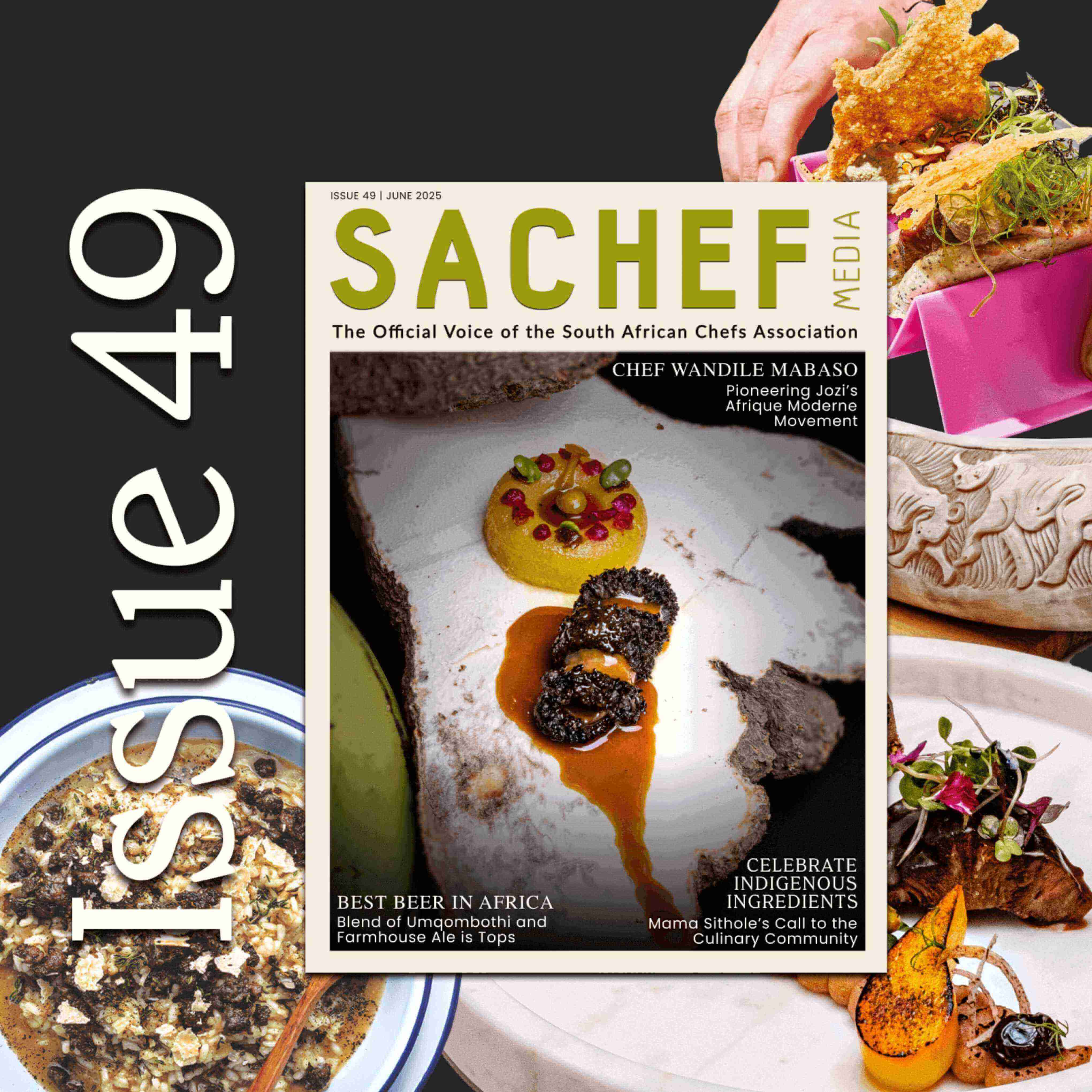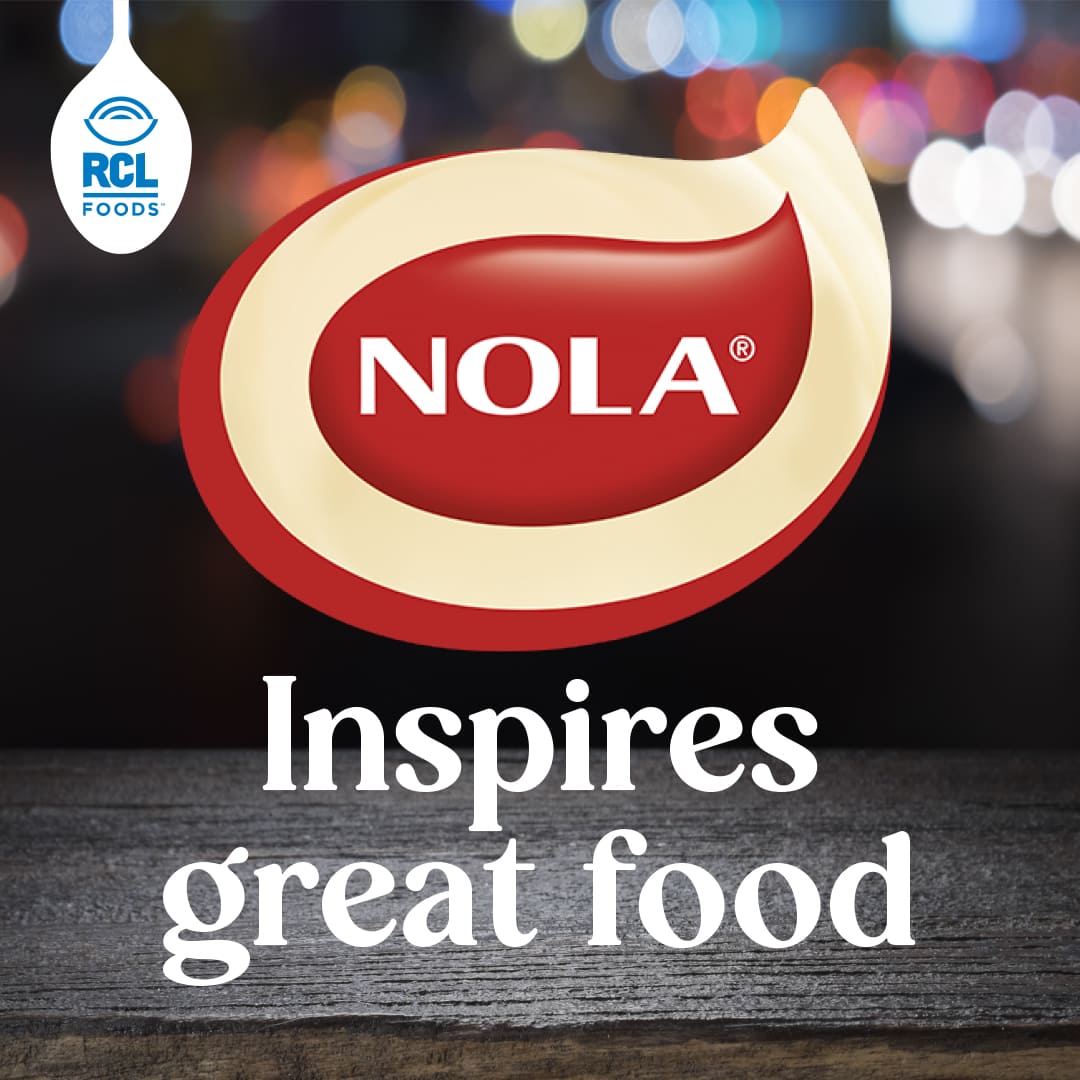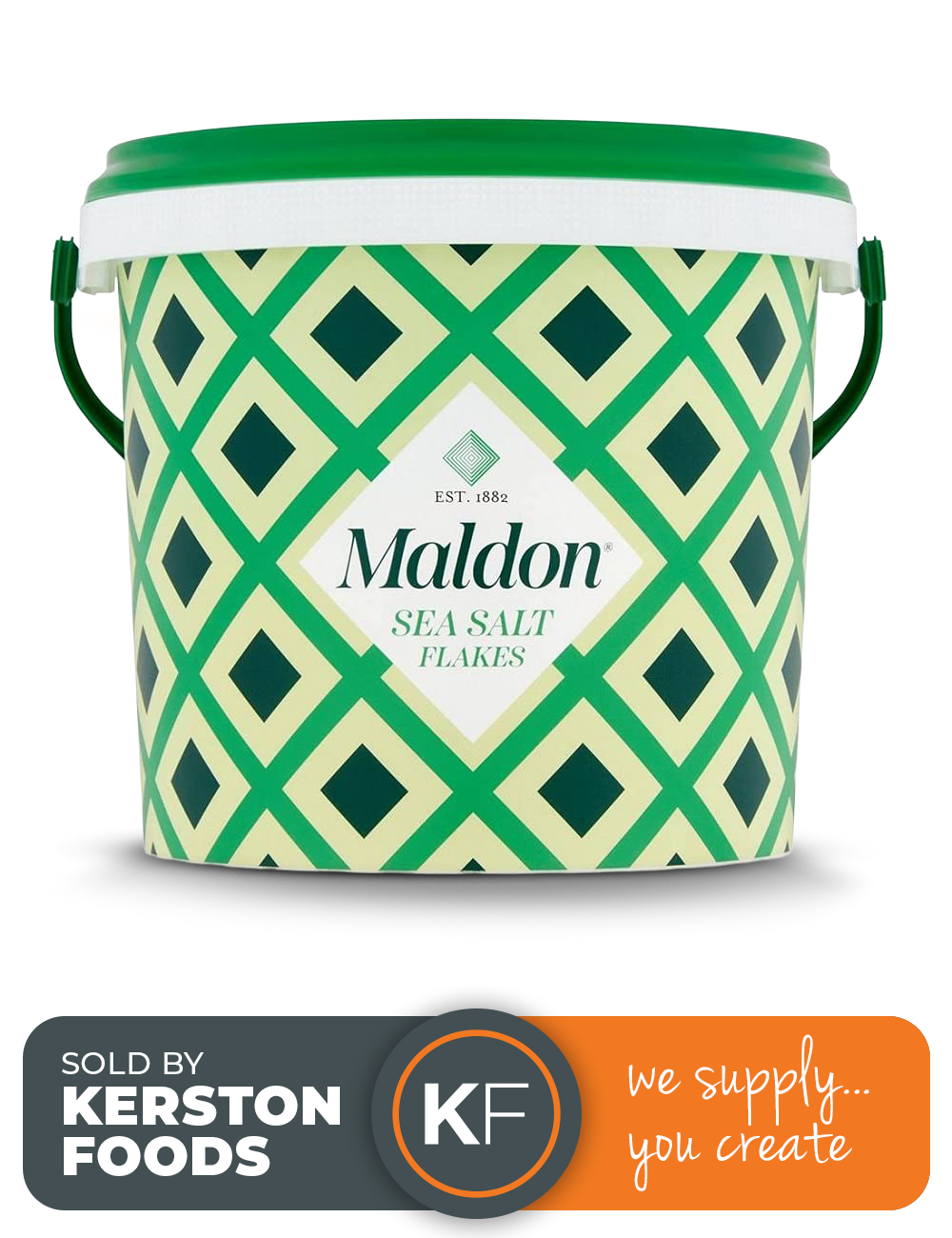Bottled water bottles do not contain BPA and are therefore reusable, says the SA National Bottled Water Association.
Charlotte Metcalf, Executive Director of the South African National Bottled Water Association, has responded to multiple consumer queries after a newspaper article asked, ‘Is my bottled water killing me?’ The simple answer, she says, is no.
“Bottled water bottles do not contain BPA and therefore cannot leach BPA into the water they contain,” she says. “On the contrary, bottled water bottles are made from PET, a food-grade plastic that is biologically inert if ingested, is safe during handling, and is not a hazard if inhaled. As importantly, they can be reused and recycled.”
In South Africa, bottled water is legislated as a food product, and must be packaged in PET (or PETE) bottles if packaged in plastic as opposed to glass. PET – polyethylene terephthalate – is approved as safe for food and beverage contact by the Food and Drug Administration (FDA) in the United States and similar regulatory agencies throughout the world, and has been for over 33 years, she explains.
According to one of Coca-Cola Africa’s technical specialists, Dr Casper Durandt, the bottled water industry unfairly shoulders the brunt of unsubstantiated claims.
Durandt advised concerned consumers to:
- Look for the SANBWA seal – this guarantees membership of SANBWA and adherence to its strict health & safety regulations, including bottling in PET.
- Look for the plastic resin code 1 in the ‘recycle triangle’ that must, by law, be printed or embossed into the container. Those numbered 1, 2, 4, 5 and 6 are most often used for food and beverage packaging in South Africa; 1, 2, 4, 5 and 7 most highly rated as ‘safe’ by the FDA.
- Recycle all your plastic.
“There are numerous urban myths around bottled water bottles, myths which have been thoroughly debunked by many credible scientific sources in recent years,” adds Chandru Wadhwani, Joint Managing Director of Extrupet, a leading recycler of PET in Johannesburg. “The most common is the idea that plastic water bottles can leach chemicals – such as Bisphenol A abbreviated to BPA, dioxin, and DEHA – into the water.”
“Importantly, bottled water bottles – regardless of volume – can be reused if you take steps to prevent the growth of bacteria. These bacteria thrive in warm, moist environments; that is, in virtually any beverage container under the right conditions. Wash all your containers, not just PET bottles, with hot soapy water and dry thoroughly between each use,” Metcalf concludes.
Don’t miss out: Sign up for our newsletter HERE and engage with us on Twitter, Facebook, and Instagram!









